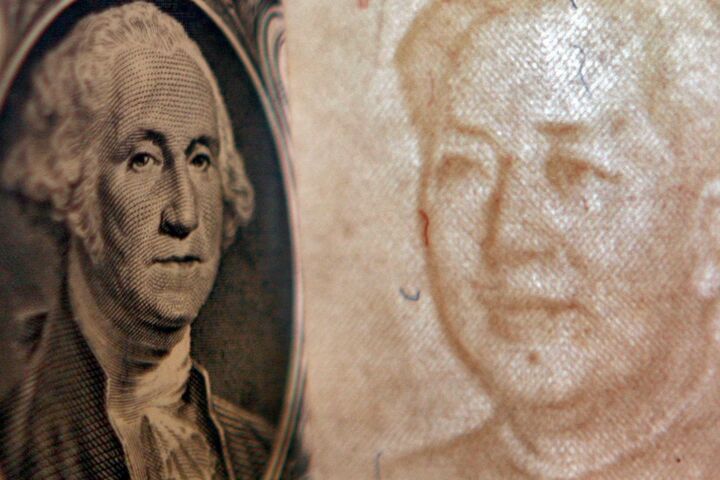
BIS: Economy on Brink of Depression-Style Meltdown?
The Bank for International Settlements (bis), arguably the world’s most prestigious financial organization, is warning that massively loose monetary conditions are threatening the global economy and that most people just don’t understand the risk.
According to the bis, circumstances today are similar to the periods just preceding the Great Depression and the Asian Contagion of the 1990s. In each of these cases, like today, conditions led many analysts to erroneously suggest that a new era of ceaseless prosperity had arrived.
The bis’s 77th annual report pointed to both the United States and China as two increasingly unbalanced economies that could derail global economic growth.
The report specifically highlighted several worrying signs, according to the Telegraph, including “mass issuance of new-fangled credit instruments, soaring levels of household debt, extreme appetite for risk shown by investors, and entrenched imbalances in the world currency system” (June 25). The common theme lurking behind each of the above concerns, says the bis, is “highly accommodating financial conditions”—in other words, massive amounts of money being created and loaned out.
For example, the U.S.’s total money supply (as measured by M3) is currently being expanded at a rate of approximately 12 percent a year. At that speed, the total amount of money in the U.S. will double in just six years—an inflation nightmare waiting to happen. Chinese money supply (as measured by M2, which is less inclusive than M3) is growing at over 17 percent annually.
bis noted last year’s record issuance of almost a trillion dollars in collateralized debt obligations (cdos) and synthetic cdos. cdos are bond-like packages of mortgages and sometimes other forms of debt. Globally, corporate mergers and acquisitions also hit a record $4.1 trillion last year.
Money is an interesting thing. Central banks print it, regular banks lend and create more of it, people slave for and borrow it—everybody wants more of it—until all of a sudden there is too much of it, everybody has it, and it becomes worthless—and nobody wants it anymore.
It has happened before. American continentals, German marks, several French currencies, Argentine pesos, Russian rubles, the list goes on and on, back to and even before the Roman denarius. It will happen again.
